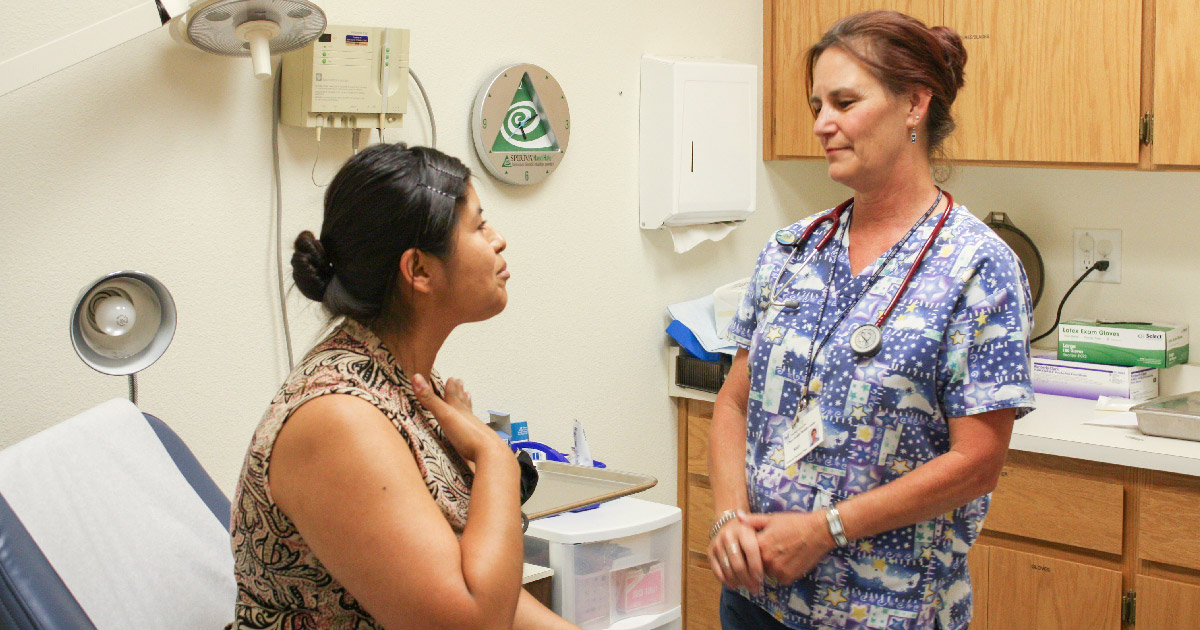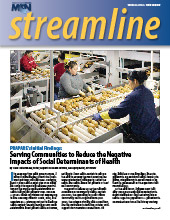
Intimate partner violence (IPV) occurs in all segments of our society, but vulnerable populations like mobile agricultural workers may encounter additional disparities and barriers to care that make intervention and treatment of IPV more complex. Language barriers, economic hardship, and isolation from their communities, support networks, and cultures of origin make it increasingly difficult to come forward and report IPV. Victims of IPV often suffer in silence for fear of losing their jobs or enduring legal ramifications like being reported to immigration. In addition, they may have less access to social and medical services, increasing their negative health outcomes. It’s important to note that victims of IPV are not necessarily women; men and transgender individuals also experience IPV. Health centers can make significant strides in reducing IPV in their communities through culturally sensitive tactics both in the exam room and in the community. Here are some resources to better serve patients experiencing IPV:
Migrant Clinicians Network’s upcoming two-session webinar provides specific and effective action items to better serve women who have experienced IPV in the exam room, and to make our communities safer by engaging men in the community. On April 17, Deliana Garcia, MCN’s Director of International Projects and Emerging Issues, presents “Creating a supportive clinical environment to address intimate partner violence.” The second session, on May 1, is entitled, “Providing essential tools for men to act on preventing intimate partner violence.” Learn more and sign up at https://www.migrantclinician.org/webinars.html
MCN’s Engaging Migrant Men webpage features a series of fotonovelas (in Spanish) for health centers to use. To guide the conversation, use MCN’s Engaging Migrant Men Discussion Guide Informational Packet:
https://www.migrantclinician.org/services/initiatives/family-violence-prevention/engagingmen
The IPV Health Partners Toolkit is a comprehensive toolkit to support health centers to train staff and operationalize evidence-based approaches to respond to domestic violence. It was developed by Futures Without Violence, with support from the Family & Youth Services Bureau’s Family Violence Prevention and Services Program and Health Resources & Services Administration. Available at: https://ipvhealthpartners.org
Read this article in the Spring 2019 issue of Streamline here!
Sign up for our eNewsletter to receive bimonthly news from MCN, including announcements of the next Streamline.
